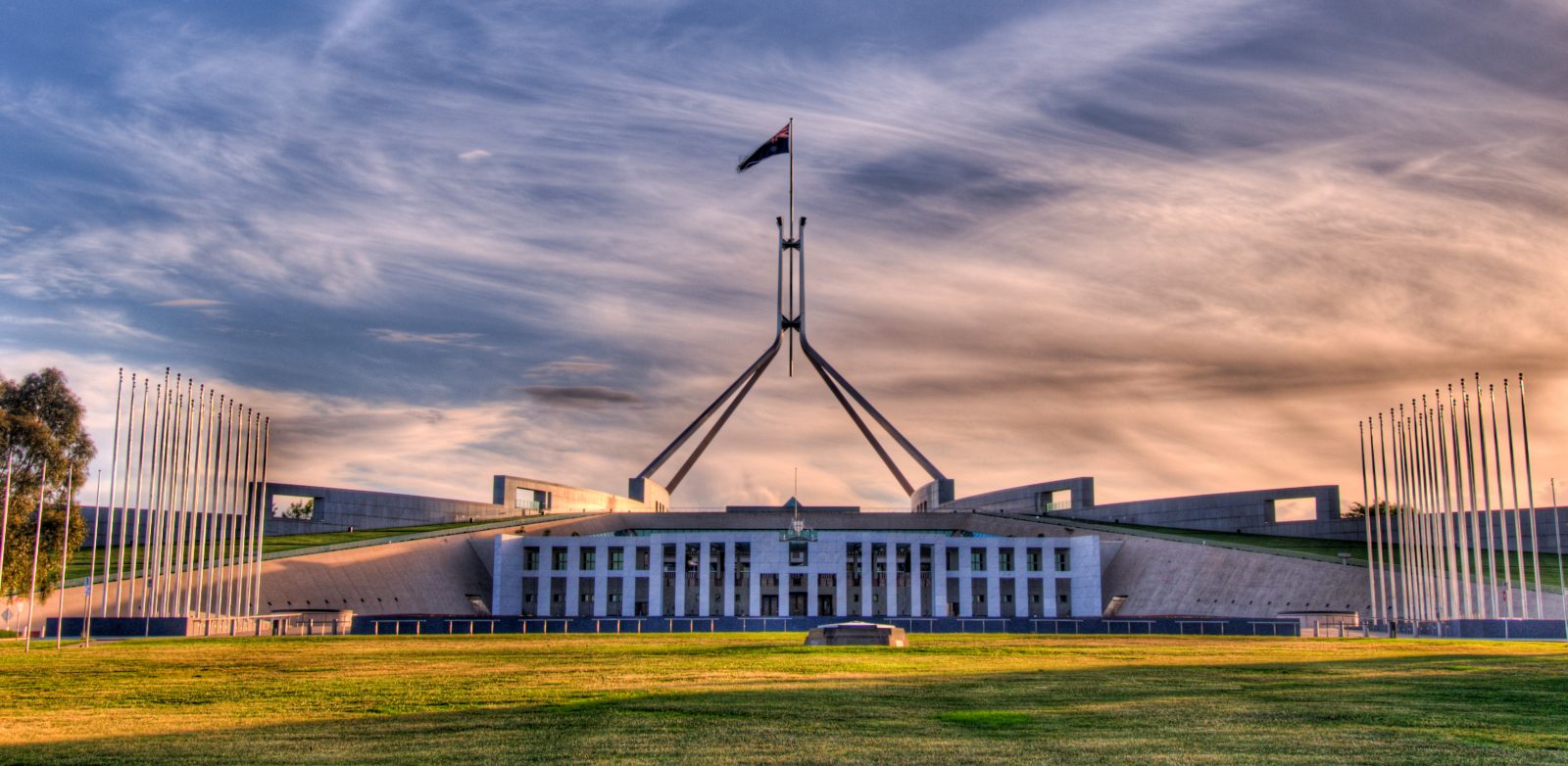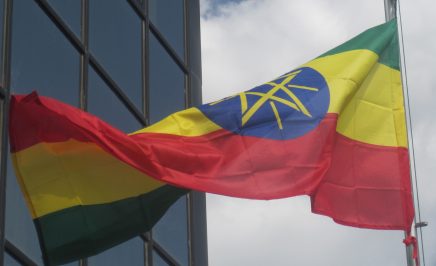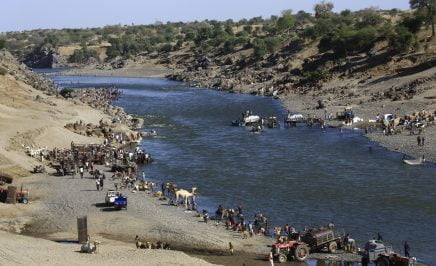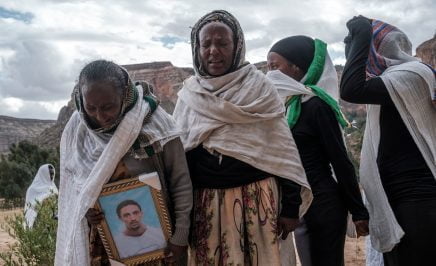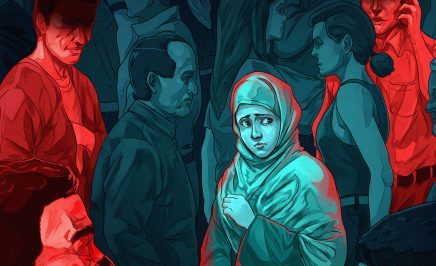Members of the Australian Tigrayan diaspora, accompanied by Amnesty International campaigners, will appear before an inquiry by the parliamentary Human Rights Sub-Committee on November 10 to discuss the crisis in the northern province of Ethiopia one year since it began.
The joint delegation will meet MPs from all sides of politics and urge the Australian government to call on the Ethiopian authorities to grant unfettered access to UN investigators and other independent observers to Tigray and honour the promise of granting unhindered humanitarian access to the region. They are also asking the Australian government to work with the international community to support an UN-led investigation into human rights abuses.
“It has been one year of suffering for the Australian-Tigrayan community. Many of us have lost several family members and are fearful for the wellbeing of those we have not been able to contact. We are hoping that the Australian government will play their part in putting an end to the conflict by putting pressure on the Ethiopian government and ensuring justice is served to those who are responsible,” Saron Berhane from the Australian Tigrayan community said.
Daniel Gebru, also from the Tigrayan Australian community, said: “The last year has been extremely difficult for Tigrayans everywhere. We have been suffering from stress and the anxiety of not knowing whether our families in Tigray are alive or not. My younger brother, an engineer who was working in Humera who I haven’t heard from in over six months, reached out to contact me using a UN workers phone. He sent me a voice message saying that he is struggling to access basic necessities and he can’t support our family around him. This is just one of the millions of stories and Tigrayan lives affected by this conflict. I hope that the international community and the Australian government put pressure on the Ethiopian government to stop the siege and allow access for humanitarian assistance.”
Since the fighting broke out on 4 November 2020, thousands of civilians have been killed, hundreds of thousands of people have been internally displaced within Tigray, and 63,000 refugees have fled to Sudan. Amnesty International and other organisations have documented a string of serious human rights violations that include war crimes and likely crimes against humanity. There are also numerous credible reports of women and girls being subjected to sexual violence, including gang rape by Ethiopian and Eritrean soldiers.
Due to the fighting, aid has not been able to be delivered and thousands are reported to be on the brink of starvation.
We express our disappointment that the Australian government’s response has not matched the severity of the crisis in Tigray
Amnesty International Australia campaigner Nikita White.
“We express our disappointment that the Australian government’s response has not matched the severity of the crisis in Tigray,” Amnesty International Australia campaigner Nikita White said.
“We have been particularly concerned about the use of rape and sexual violence as a weapon of war in the Tigray region. We have urged the Australian government to call on the Ethopian authorities to stop its security forces and allied militia members from commiting sexual violence against women and girls and increase Australia’s aid to support the Tigrayan women who have survived sexual violence.”
Amnesty International continues to call on all parties to the conflict to prioritise the protection of civilians, and to grant access to human rights monitors and humanitarian organisations.
